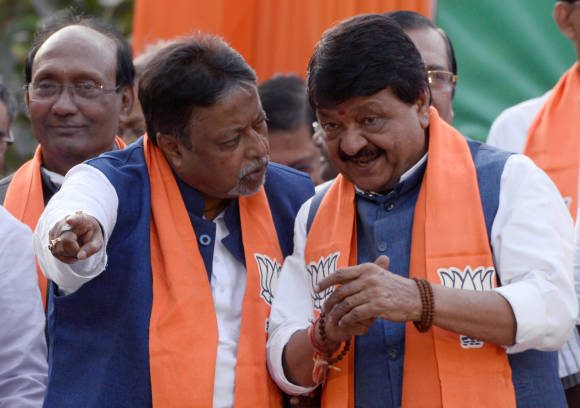

The Lok Sabha has passed the Farmers’ Produce Trade and Commerce (Promotion and Facilitation) Bill, 2020 and the Farmers (Empowerment and Protection) Agreement on Price Assurance and Farm Services Bill, 2020 with Voice Vote.
Agriculture Minister Narendra Singh Tomar in his reply after the discussion on the two bills said that the Centre is committed to protect the rights of farmers and has taken series of reformative measures to strengthen the agrarian economy. He said the government raised the Minimum Support Price (MSP) of farm produce in the country by 1.5 times in consonance with the report of Swaminathan Commission.
The minister said, the protest of the opposition parties against the proposed legislation is merely based on imaginary and politically motivated bias. He said, the farmers will not have to pay the Mandi taxes which range from 2 per cent to 8.5 per cent if they sell their produce as per the provisions of the new legislation. Taking a sharp jibe at Congress for opposing the bill, he said, the party had promised amendments in the APMC act allowing interstate movement of farm produce as per their Punjab Election Manifesto. Mr. Tomar said, leaders who supported the benefits of the farm bills earlier are protesting in the parliament just for political mileage. He said, the historic legislation will bring an end to inspector and license raj in the sector of farm produce and agriculture. Congress, RSP and other opposition parties staged a protest by walking out after the minister’s reply.
Earlier,the Agriculture Minister moved the two farm sector legislations in the Lok Sabha. The bills will replace the synonymous ordinances promulgated on 5th June this year. Terming the bills as historic, Mr. Tomar said they will bring revolutionary changes in the life of farmers in the country. He said, the bills ensure independence to farmers in terms of selling their produce. The minister asserted that the new legislation seeks to free the farmers from the clutches of Mandis and Farm Produce Markets.
Allaying the apprehensions of a few members, Mr. Tomar clarified that the bills will not dilute the Agricultural Produce Market Committee (APMC) Act in any way. He assured that the MSP for farm produce will continue to remain in force and the bill will additionally fortify the farmers in reaching out to inter-state markets. It facilitates increase in availability of buyers for farmers’ produce, by allowing them to trade freely without any license or stock limit. The increase in competition will ensure better prices to farmers.
The Farmers’ Produce Trade and Commerce (Promotion and Facilitation) Bill, 2020 also permits the electronic trading of farmers’ produce and allows setting up of transaction platforms for facilitating direct online buying and selling of farm products.
The Farmers (Empowerment and Protection) Agreement on Price Assurance and Farm Services Bill, 2020 provides for a farming agreement prior to the production or rearing of any farm produce. It is aimed at facilitating farmers in selling farm produce to sponsors. A guaranteed price to be paid for the purchase of farming produce will be mentioned in such agreements.
RSP member, NK Premchandran opposed the bill and said that the government is trying to bulldoze these bills on farmers amid the testing times of a global pandemic. He demanded that the bills may be referred to a standing committee for further consideration. Congress Member Ravneet Singh while opposing the bill said that Agriculture being a subject of concurrent list, the viewpoint of state governments should also be taken into consideration. TMC member Mahua Moitra opposed the bill and termed it to be against the federal structure of the country. DMK, TRS, AAP, IUML were also among the political parties which opposed the bill whereas TDP, JDU, Shiv Sena were among the parties which supported the bill in the Lok Sabha.
Shiromani Akali Dal member Sukhbir Singh Badal vehemently opposed the Bill and said that it will erode the positive effects of agriculture related development works done by successive Punjab governments in the past 50 years.


















